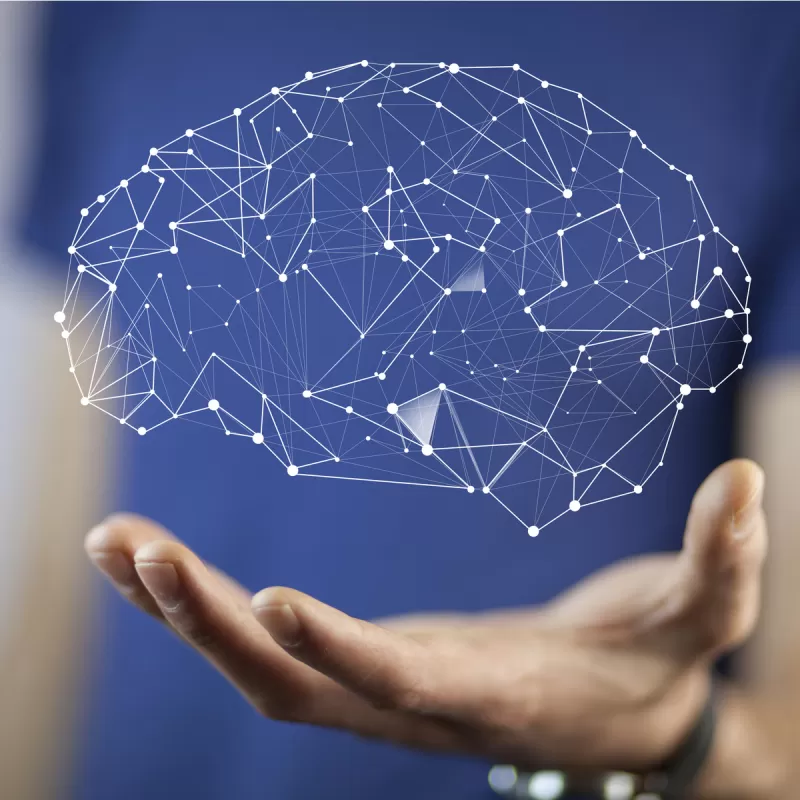Learn More about ECT
Electroconvulsive therapy (ECT) is an effective treatment for individuals experiencing severe episodes of:
- Depression
- Mania
- Certain forms of Schizophrenia
ECT is covered by most insurance plans, including Medicare. Since the treatment requires sedation, patients must arrange transportation to and from their appointments.
Request an Appointment
How ECT Works
ECT treatment involves administering a brief, controlled electrical current to the brain, triggering a seizure. This controlled seizure is believed to play a key role in the therapeutic effects of ECT. By stimulating brain neurons, ECT helps release neurotransmitters that support mental health.
Research suggests that ECT may also aid in forming new neural connections, making it one of the most effective treatments for severe depression when rapid relief is needed.
Request an AppointmentFrequently Asked Questions about ETC
What is ECT?
Electroconvulsive therapy (ECT), sometimes referred to as electric shock therapy, is a medical treatment for severe psychiatric disorders, including major depression, mania, PTSD, and some forms of schizophrenia. By delivering a brief, controlled electrical current, ECT induces a seizure that stimulates changes in brain chemistry, potentially alleviating symptoms. Treatment typically consists of 6 to 12 sessions, administered three times per week for optimal results.
What Happens During an ECT Session?
On the day of your treatment at Tempe St. Luke’s Hospital:
- A small IV is inserted to administer necessary medications.
- You will receive medications to manage discomfort, a short-acting anesthetic to induce sleep, and a muscle relaxant.
- The physician and anesthesia team will monitor your vitals throughout the procedure.
- Once asleep, a brief electrical stimulus is applied, inducing a controlled seizure that lasts less than a minute.
- You will wake up within minutes, then be monitored in a recovery area before being discharged or returning to the inpatient unit if applicable.
Are There Side Effects?
Like any medical procedure, ECT carries some risks, though it is considered relatively safe. Before beginning treatment, a thorough medical, psychiatric, and lab evaluation is conducted to determine if ECT is right for you.
Common side effects include:
- Headache
- Muscle soreness
- Nausea
- Mild confusion
- Temporary memory difficulties during initial treatments
Medications are available to help manage nausea and discomfort.
Will ECT affect my memory?
Short-term memory loss and difficulty recalling new information may occur at the beginning of treatment. However, these issues typically resolve within a few weeks after treatment ends or becomes less frequent. In rare cases, long-term memory loss can occur, but this is uncommon. Additionally, individuals with severe depression often experience memory difficulties that improve as symptoms subside with ECT treatment.
To minimize potential memory concerns, it is advisable to avoid major life changes or activities requiring significant focus during the initial treatment phase.
Is ECT effective?
ECT remains one of the most effective, rapid, and safe treatments for severe mental illness. Studies show that for severe clinical depression, ECT provides relief in approximately 70-85% of patients. Additionally, maintenance ECT can help sustain remission longer than many other treatment methods.
Considering ECT?
If you continue to struggle with significant and debilitating symptoms despite other treatments, talk to your psychiatric provider about whether ECT may be right for you. If you do not have a current provider and would like an evaluation to determine your eligibility for ECT, contact us using the form below to schedule an appointment.
Request an Appointment